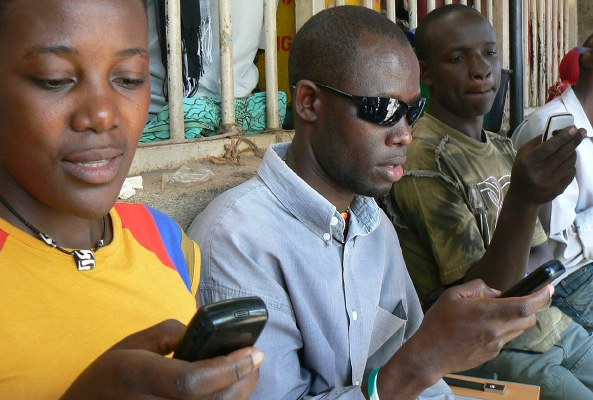South Africa parliament passes a Cybercrimes Bill

Parliament recently passed the Cybercrimes Bill, which includes a bevvy of new laws around the sending of messages and electronic communications in South Africa.
The bill was passed by Parliament on 2 December and now only awaits the President’s signature to take effect.
These new laws were first drafted in 2017, and they have since undergone a number of changes. Among other objectives, the bill aims to criminalise the distribution of data messages which are harmful and to crack down on cybercrime in South Africa.
The bill also imposes obligations on electronic communications service providers and financial institutions to assist in the investigation of cybercrimes.
It includes clear restrictions on the sending of messages which could be seen as harmful, such as the disclosure of intimate images without the subject’s consent, or the sending of threats and incitement to violence.
Sending of intimate images and threats
The Cybercrimes bill states that any person who discloses a data message to a single person, group of persons, or the public with the intention to incite damage or violence is guilty of an offence.
This could include Facebook and Twitter posts and messages, as well as private WhatsApp messages sent within a group or an individual chat.
The same is true of messages which threaten violence towards a single person, group of people, or their property.
This section includes a reasonable person test, which states that a message will be considered malicious if a reasonable person would perceive the data message as a threat.
The bill also specifically addresses the sending of intimate images over any electronic communications platform without the subject’s consent, classifying this as an offence.
This is true if the person is identified as being displayed in the image, if they are described as being displayed in the image but cannot be identified, and if they are identified from other information as being displayed in the image.
An “intimate image” is defined as the depiction of a person (real or simulated) in which they are nud_e, their geni_tal organs or anaI region are exposed, or if they are a female person, transgender person or interse_x person, their brea_sts are displayed.
The definition also extends to images in which the covered regions listed above are exposed in the image.
What it means for South Africans
The wording of the new bill means that even if you are not the creator of an intimate image or video sent without the subject’s consent, you are committing an offence if you forward it.
This regulation also applies to photoshopped images and deepfakes, as well as pictures or videos which do not show the subject’s face but in which their identity is described.
The same is true of threats to people and property sent over WhatsApp, social media, email, or any other electronic communication.
Therefore, if you receive an intimate image, video, or similar media over WhatsApp, or any other platform, and forward it to others without the consent of the person identified in the media, you will be guilty of an offence.
This is true whether you created the image or not, and whether or not you know the person identified in the image or video.
Forwarding a message which contains a reasonable threat to people or their property is also an offence under the bill, regardless of the source of the message.
Speaking in an interview with eNCA, World Wide Worx CEO Arthur Goldstuck said that under the new law, there is no excuse for sending infringing messages to others.
“Forwarding is not an excuse anymore,” Goldstuck said.
“Any communication that contains threats, whether to people or to property, or intimate images of another person can be seen as committing a crime if you send it.”
When it comes to laying a charge for an offence under the new bill, he said affected parties will be able to present screenshots, image files, messaging records, and more as evidence that an offence has been committed.
The bill also attempts to place obligations on Internet service providers and related parties to assist in the investigation of cybercrimes, including those detailed above.
— My Broadband







